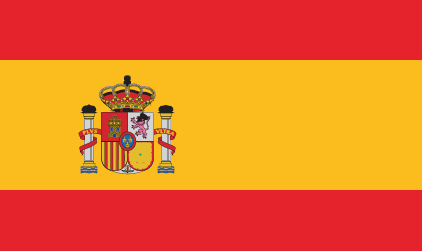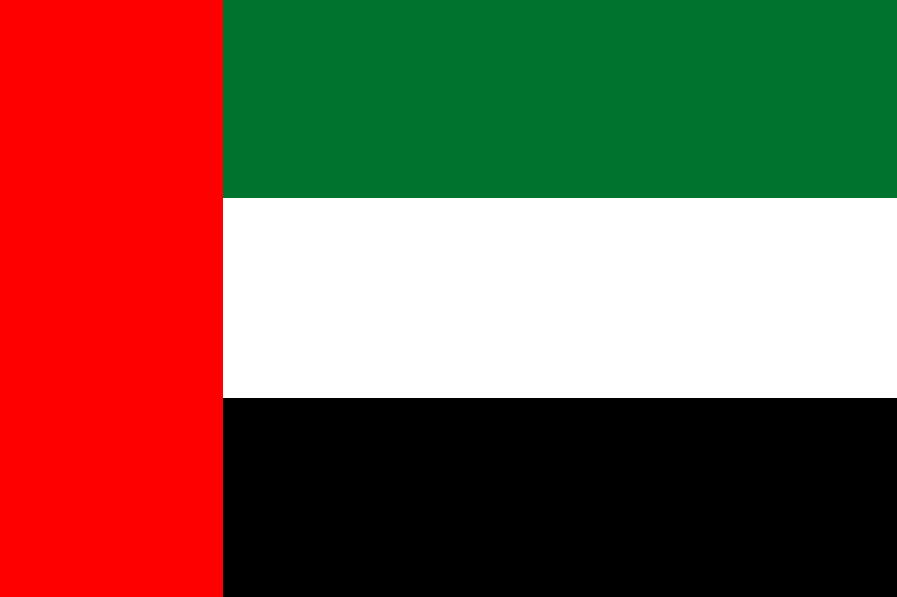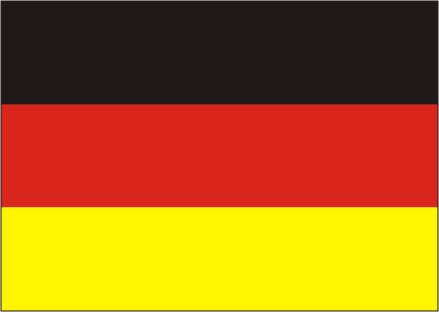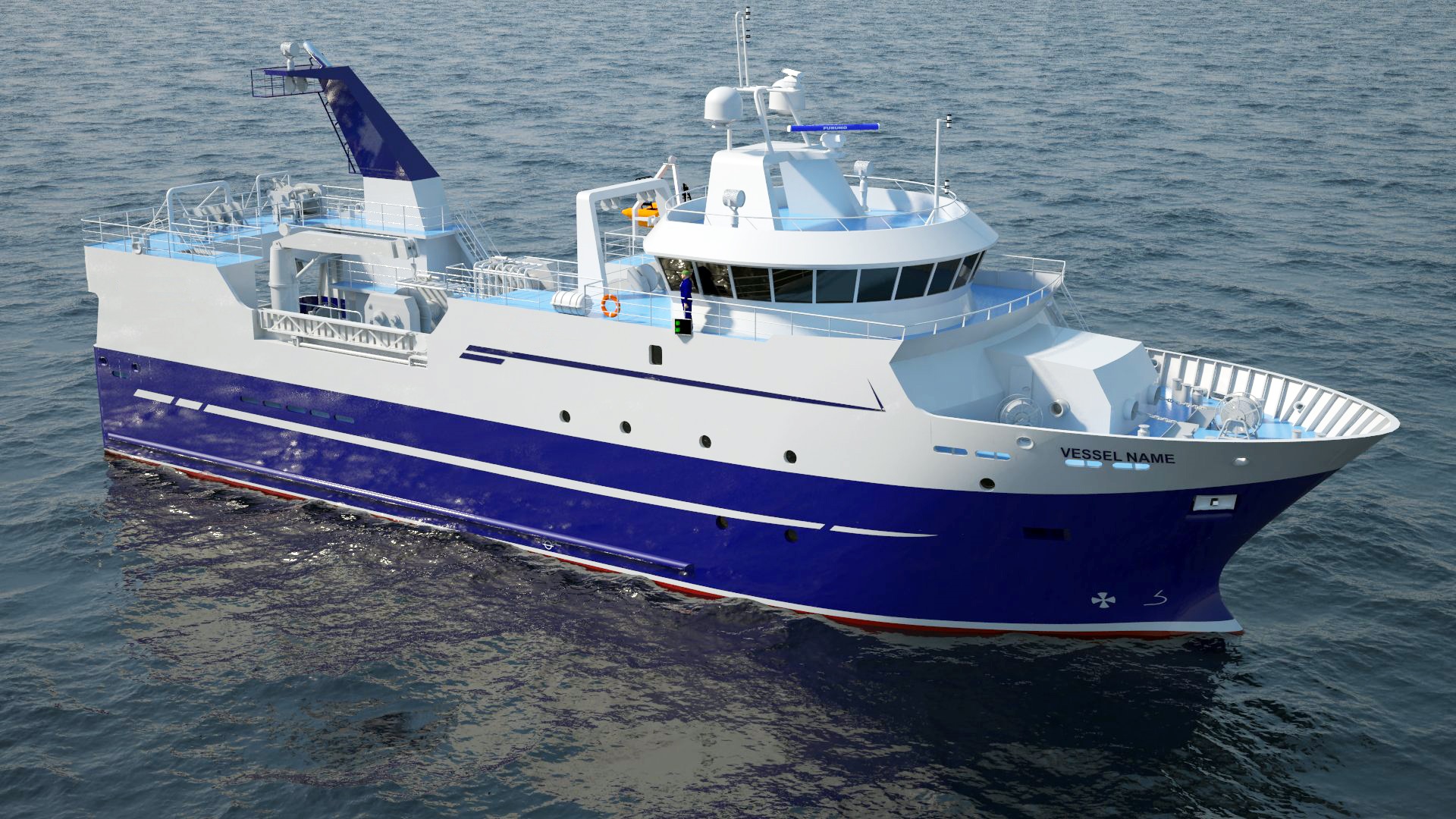
COMPACT FISH MEAL PLANT FOR ONBOARD FISHING VESSELS

COMPACT FISH MEAL PLANT FOR ONBOARD FISHING VESSELS
WHAT IS THE ONBOARD FISH MEAL PLANT?
FISHING VESSELS PLANT CAPACITY
Utilized technology has a long history and have been used for many ships in Norway, Russia and many other countries. Typical plants have a capacity range of between 15 to 600 tons of raw materials per day and it can be designed according the required marine standards for different types of fish. For instance: lean fish, salmon, herring, whitefish, sardine, trout, mackerel and others. Each type has a different raw material composition. Dry solids, fat and moisture content can vary. Wholesaler, ship vessels owners and fish processors have to choose what kind of offal they will process.
SUITABLE HIGH QUALITY PROTEIN INSTALLATION
LOW-ENERGY PRODUCTION EQUIPMENT
Waste heat can be utilized for initial heating of raw fish. Surface for the drying process is reduced thank to press process dewatering. Stick water from twin screw press which rotate very slowly is feed to centrifugal tricanter / decanter. Oil is pumped further to oil polishing section. Having tricanter / decanter and oil polisher is optional.
Thermal dryer rotations are slow to produce high quality meal. Machine is equipped with steam heated rotor and vertical discs. Moreover steam jacket can be heated as well. Moisture evaporated in the drier is strictly related with steam consumption. Steam boiler burns fuel to heat water and produce steam for fish meal plant. Piping for whole condensate system is made. Meal cooler is needed for cool down the meal before grinding and bagging.
The smallest and very popular complete fish meal production plant is performed with capacity of 48 tons of raw material per 24 hours. Moisture output of meal after the processing is at 8% level. Complete automation of fish meal production line is ensured by electric control panels. Each installation is tailor made by the top specialists in the world.
EXPERIENCED HIGH-QUALITY SPECIALIST IN FISH MEAL PRODUCTION
Our international team of highly specialized engineers are facing to meet worldwide demand for high-quality protein food. Robust, reliable and well engineered processing machines with highest possible quality are squeezed into very limited spaces available below deck in vessels and trawlers.






